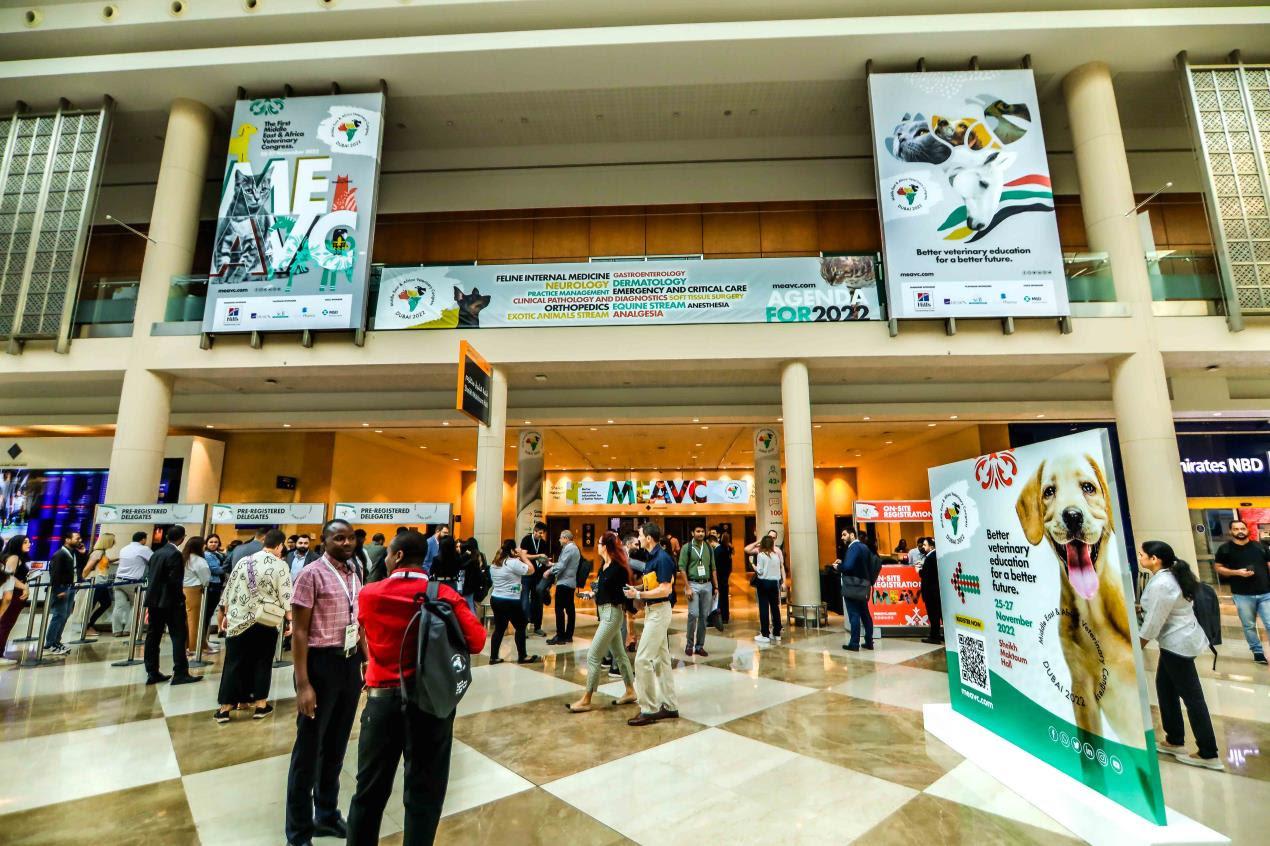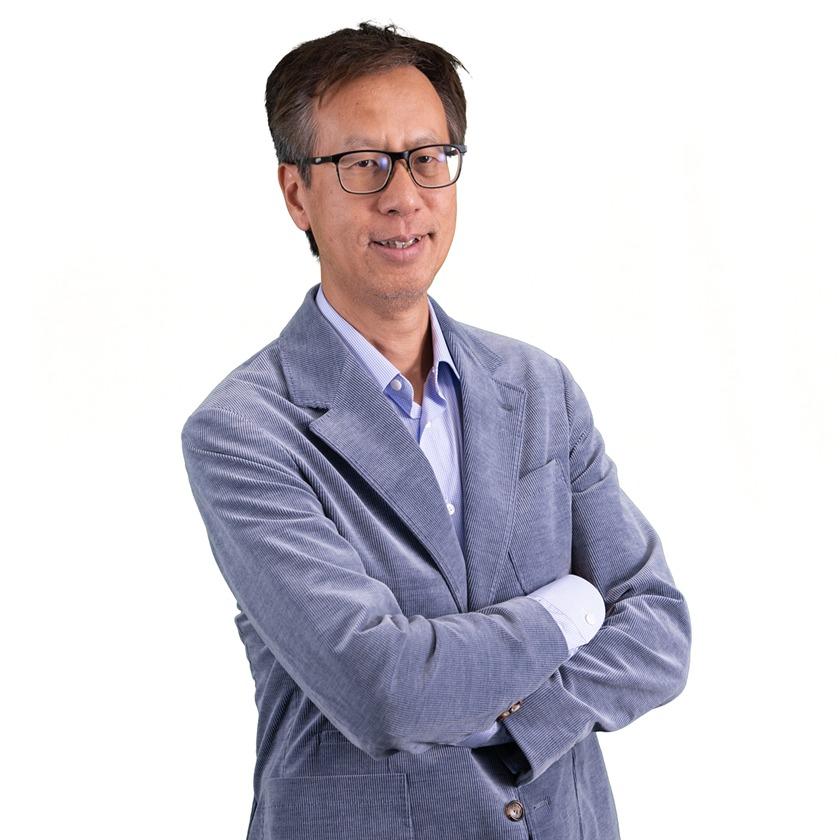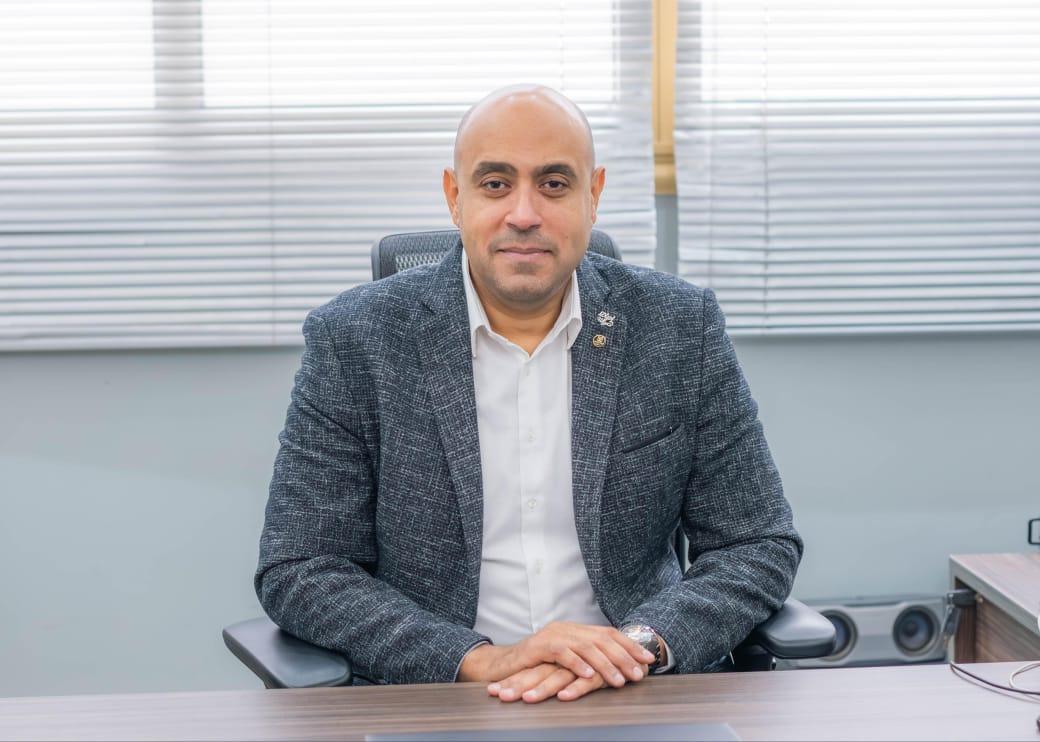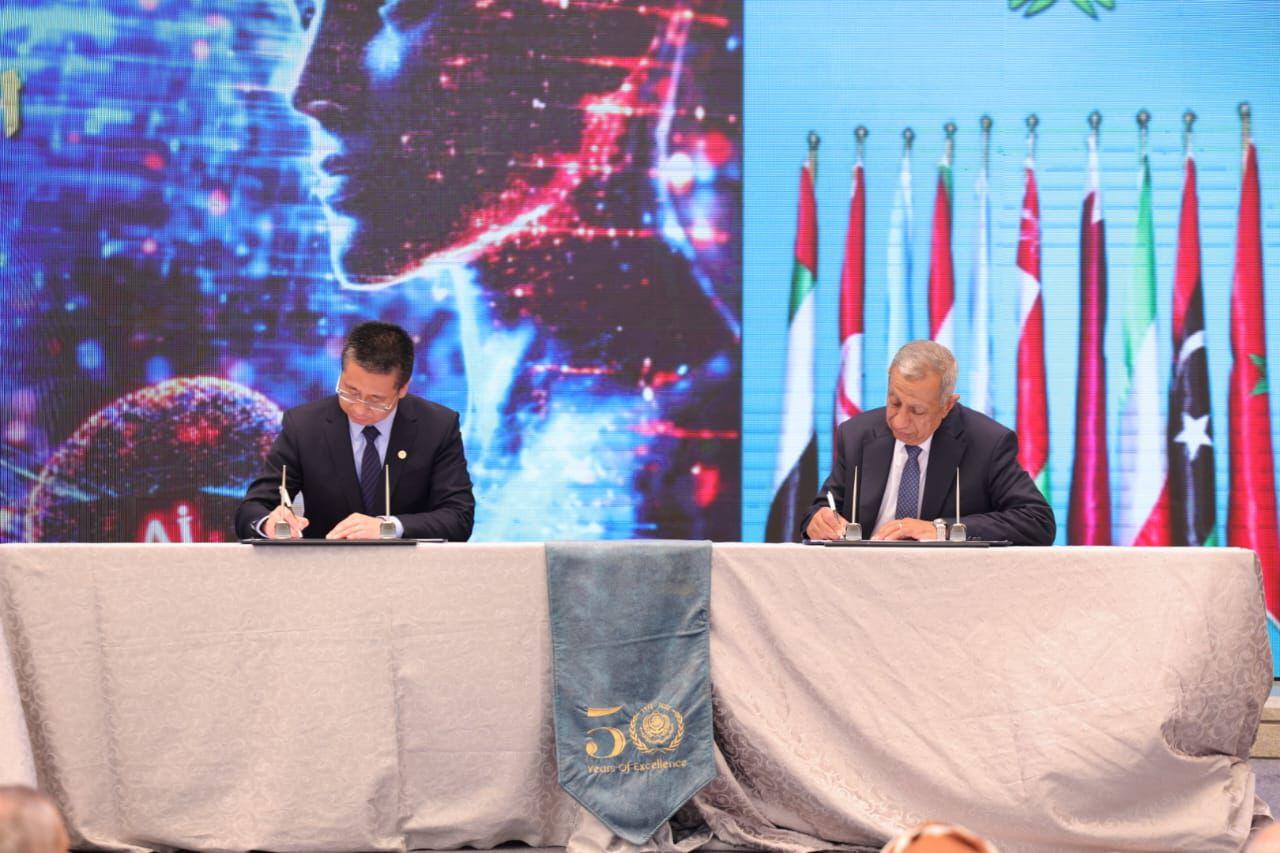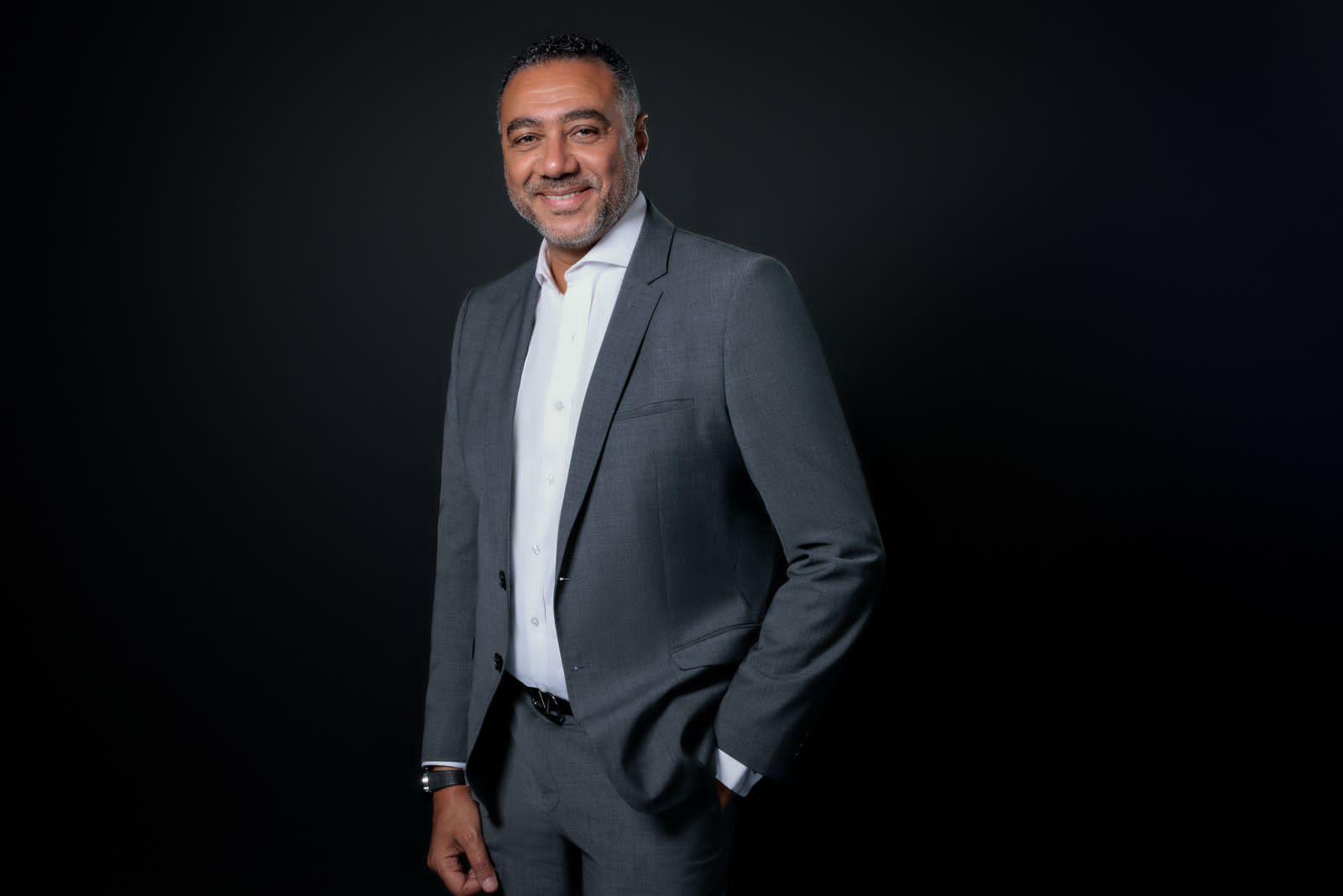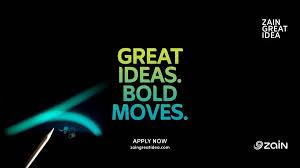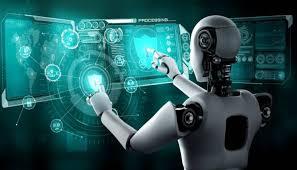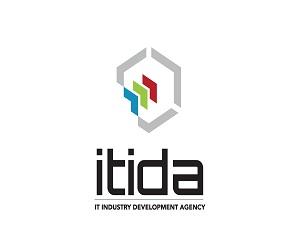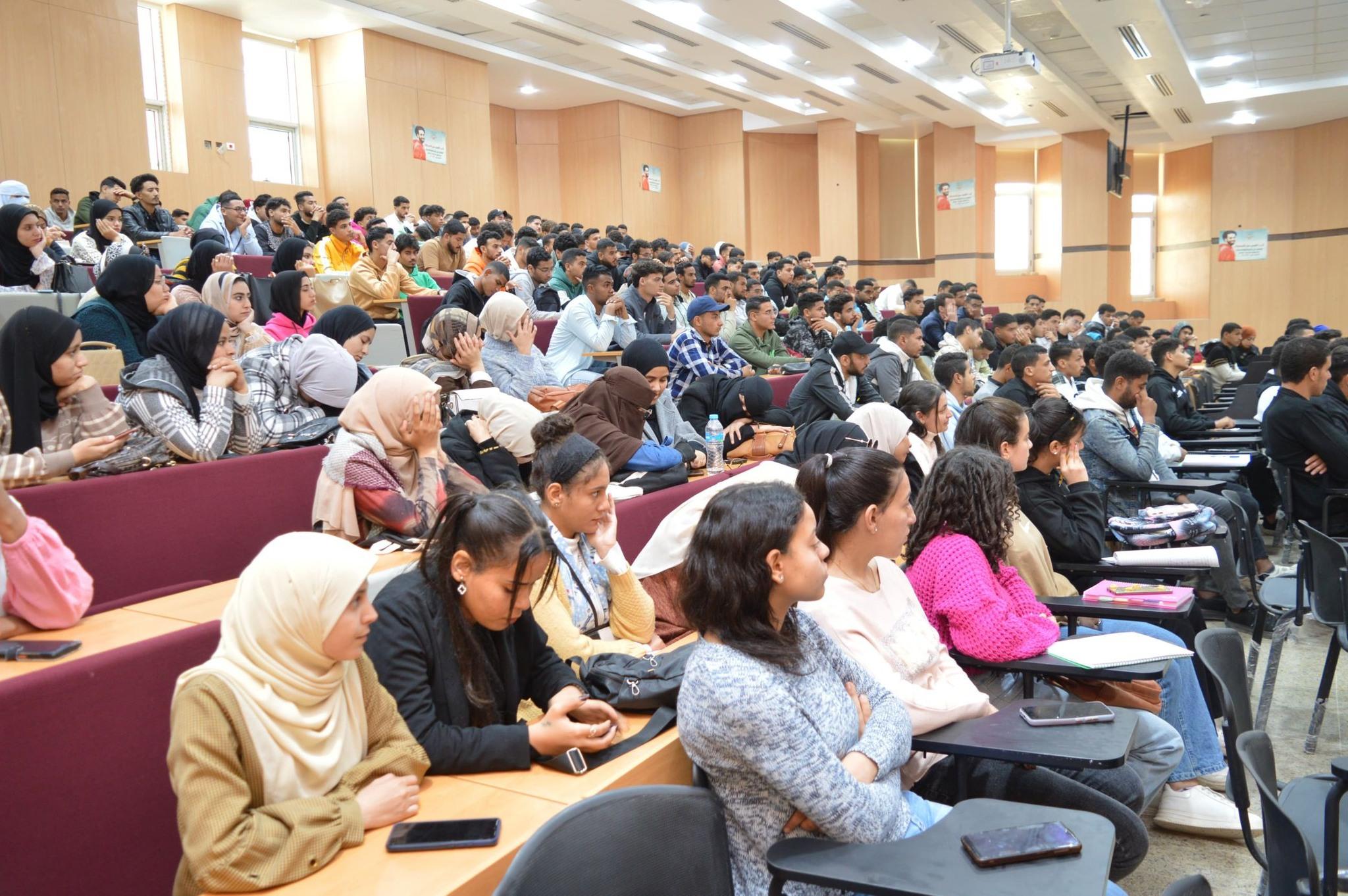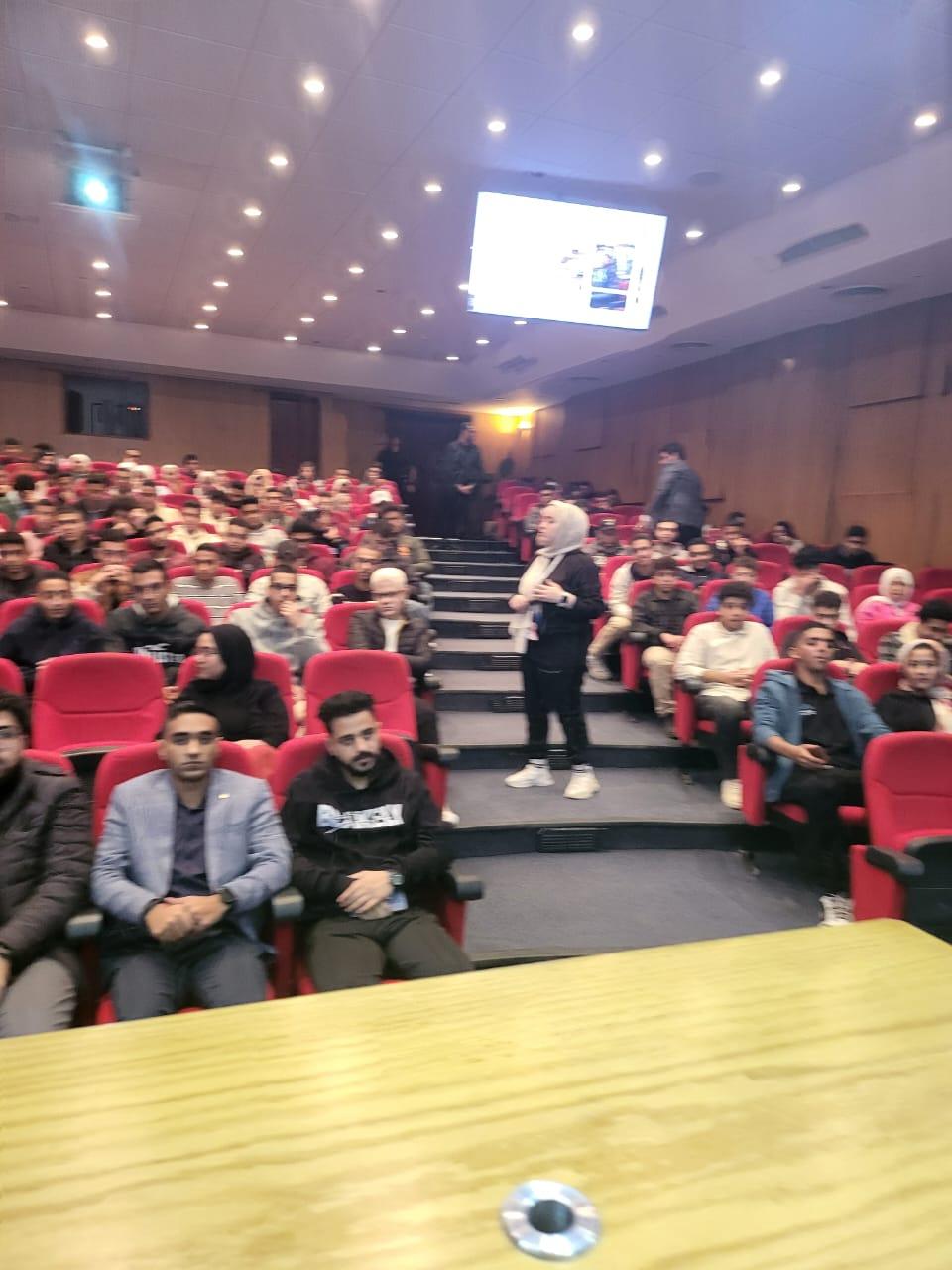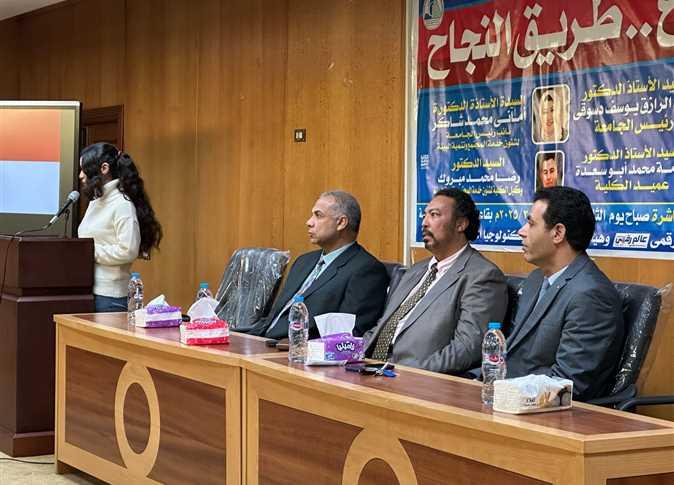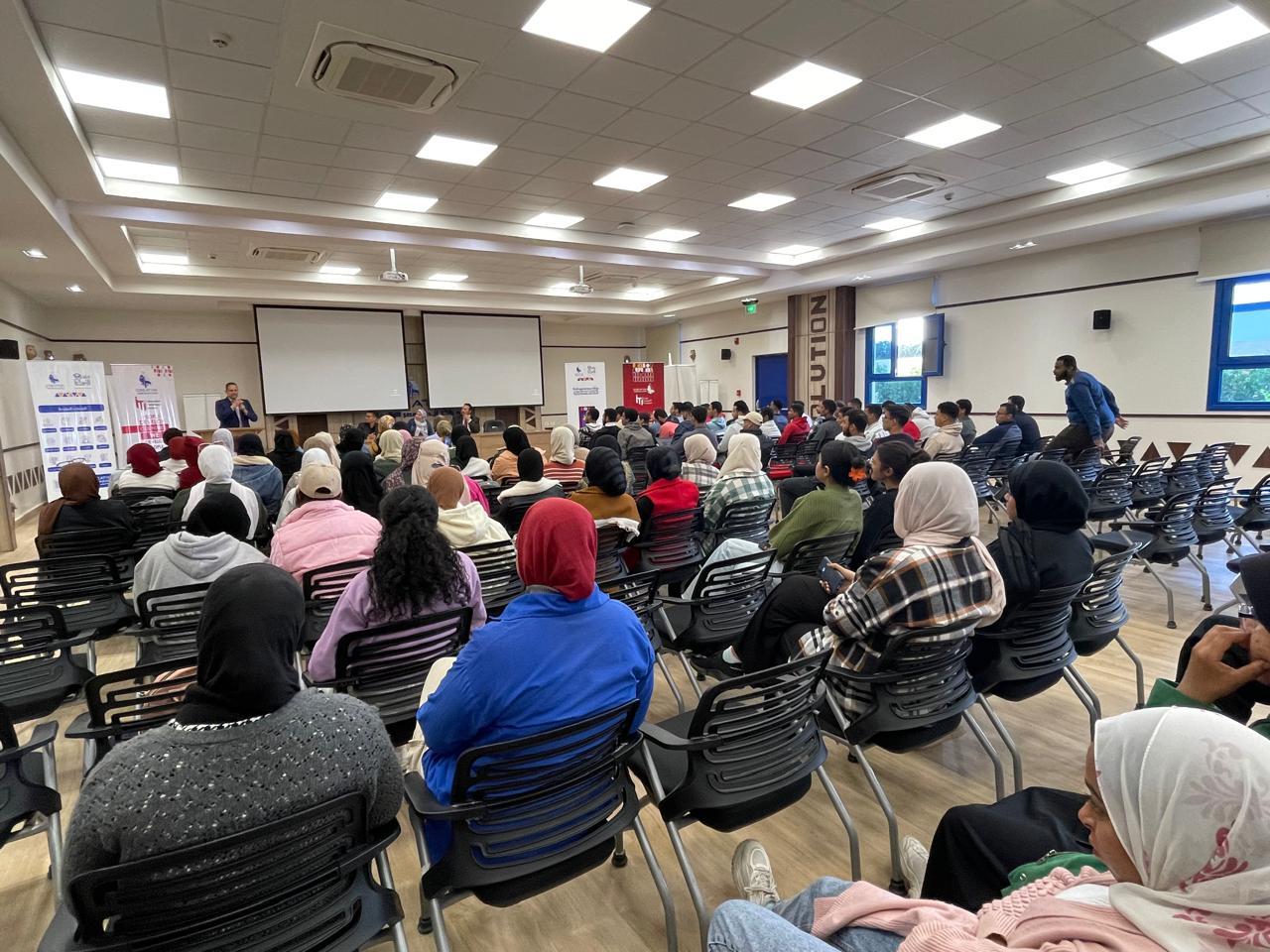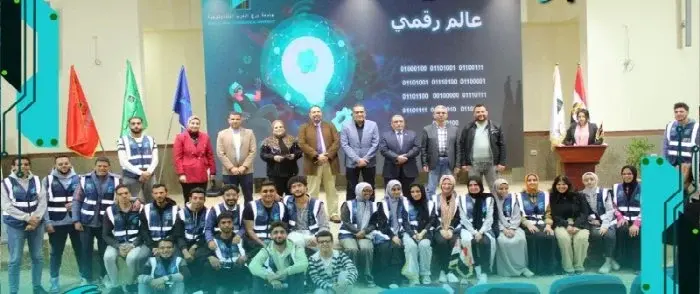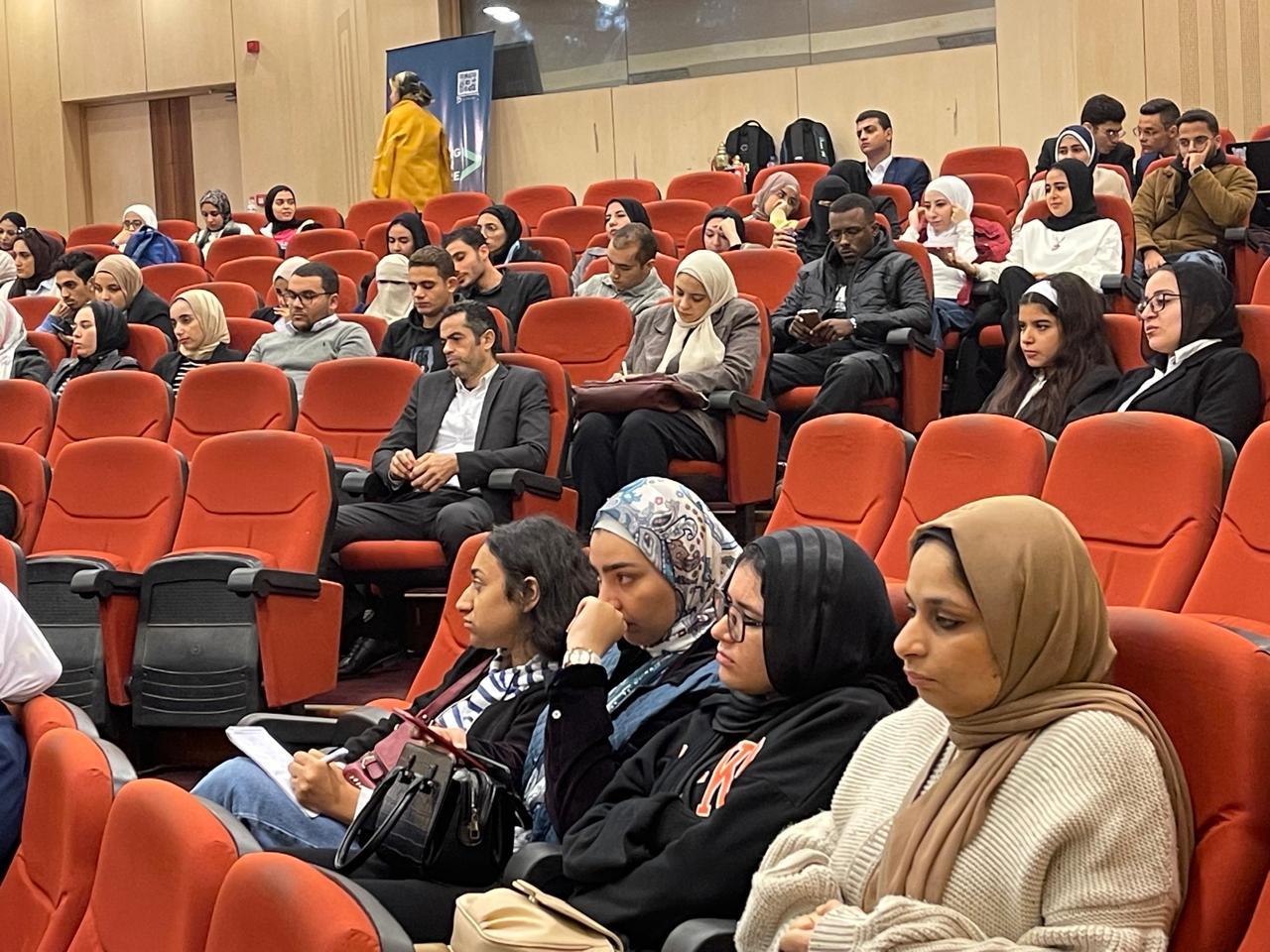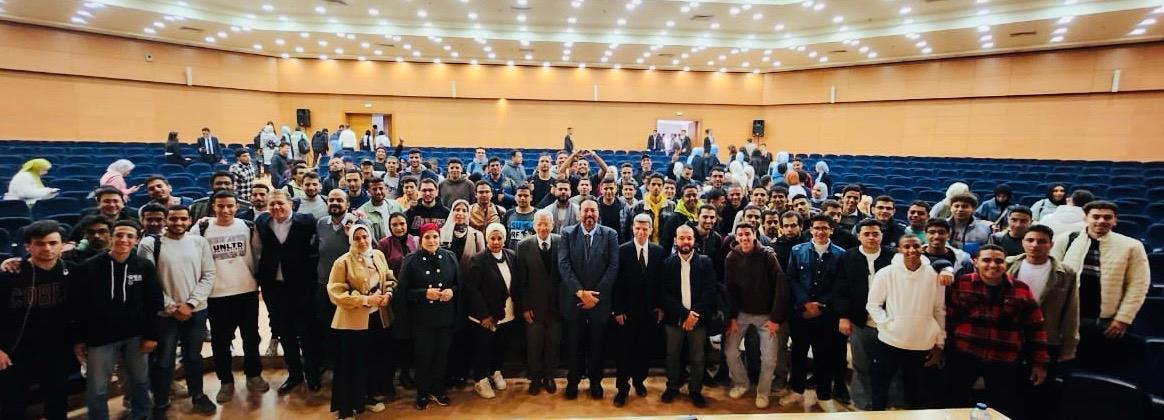By HE Dr. Aisha Bint Butti Bin Bishr,
Director General of Smart Dubai, UAE
Next-generation technologies have long found their way into the realm
of the government sector. In a bid to provide modern services and
systems to the public that are comparable to what the more-funded
private sector institutions can deliver, many governments worldwide
have embarked on what we now call smart government.
Under this all-encompassing phenomenon, we have witnessed public
entities integrating advanced technological innovations into their
processes to deliver faster and more efficient solutions. The end goal
is to make members of the local communities happier and more satisfied
through the provision of high-quality government services. In short,
a high standard of quality living should be achieved by establishing a
modern and effective government system.
With the internet and other modern tools at its core, smart government
has empowered the public by giving them easy, round-the-clock access
to services and an effective platform to reach out to public
authorities. It has also enabled government bodies to operate at their
optimum best to cater to the needs of both people and businesses at
reduced costs.
More importantly, a government operating under a smart ecosystem has
led to the promotion of better consumption of resources, therefore
helping address the issues of sustainability of resources and
environmental degradation. This environmental component is critical in
another global movement that has emerged in light of the devastating
effects of climate change.
Worldwide, we have seen mounting calls for sustainable development,
and a key aspect of achieving this much-needed progress is for
countries to adopt the framework of the green economy. The United
Nations Environment Programme (UNEP) defines an inclusive green
economy as an economic model that “improves human well-being and
builds social equity while reducing environmental risks and
scarcities[1].”
Dialogues and debates surrounding the green economy continue as they
should be. But all these should be accompanied by concrete actions. By
pushing to have a smart government, we are also in effect taking that
vital step towards shifting to a green economy. Now, the focus will
be on embracing green technologies and leveraging innovation as a tool
to enable sustainable development. This way, smart government and
green economy complement each other. They are key to building a
sustainable future for all. To discuss more, I look forward to meeting
you at the WGES 2019, which will take place at on October 20th and
21st at Dubai International Convention and Exhibition Centre.






